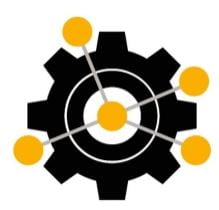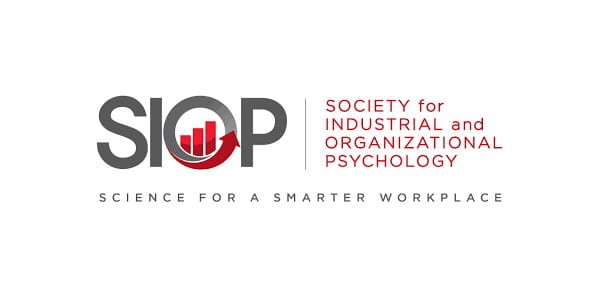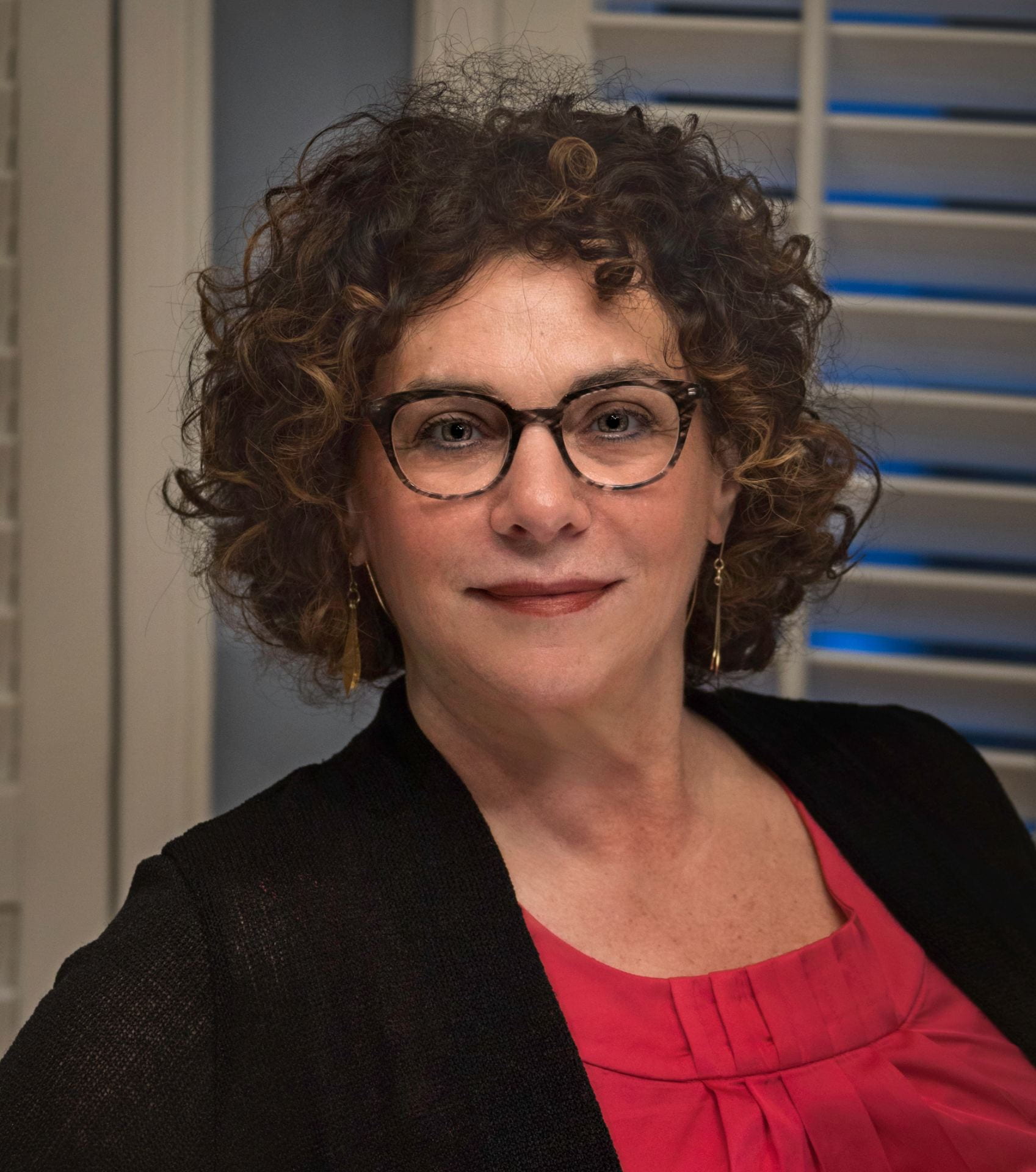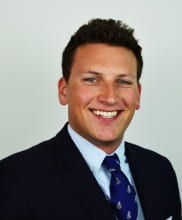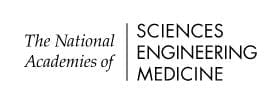A short video of the Georgia Tech AI-Adult Learning and Online Education (ALOE) project, along with other related NSF projects, is available for viewing at https://videohall.com/p/2364
Author: vpham30
Adult Online Learning: The Experience of Skill Building in the GT OMSCS Program
PIs: Julia Melkers (Arizona State University) and Ruth Kanfer
Project: Online skill building graduate programs are rapidly gaining popularity among adults seeking to reskill or upskill their competencies in bright prospect fields, such as computer science. The GT OMSCS program has been a leader and innovator in implementing an exclusively online graduate program in computing from an accredited university for a fraction of the cost of traditional, residential programs. Through the support of the College of Computng, the Alfred P. Sloan Foundation, our interdisciplinary team has developed a cumulative research stream on the experiences and outcomes of adults in the program, particularly with respect to women and underrepresented groups.
Click here to learn more about the Kanfer lab
Click here to learn more about OMSCS
Click here to learn more about the Melkers lab
Posters
Spring is in the Air: New Research Findings from the WSC
SIOP 2022 Presentations
PARK lab graduate students, Sibley Lyndgaard, Corey Tatel, and Jennifer Egan, will be presenting on the research they have conducted in the past year at the 2022 SIOP Annual Conference. See below for the topics they will be presenting on.
Catastrophic interference in neural network models is mitigated when the training data reflect a power-law environmental structure
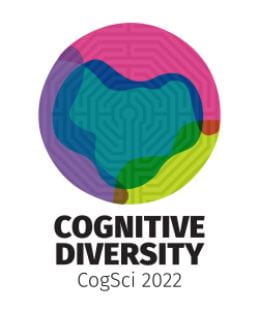
PARK Lab PhD students Sibley Lyndgaard and Lucas Provine will present a proceedings paper at the 44th Annual Cognitive Science Society conference in Toronto this July — see below for a brief summary of the paper’s findings.
In direct contrast to humans’ ability to learn increasingly complex skills across the lifespan, sequential learning in artificial neural networks is known to trigger catastrophic interference (CI), where previously learned skills are forgotten after learning new skills. We present a psychologically plausible approach for training neural networks which resolves major CI issues without the need to implement highly complex network architectures. Implications include the development of computational models for skill learning in humans.
Lyndgaard, S.F., Tidler, Z. R., Provine, L., & Varma, S. (in press). Catastrophic interference in neural network models is mitigated when the training data reflect a power-law environmental structure. In Proceedings of the 44th Annual Conference of the Cognitive Science Society. Toronto, CA: Cognitive Science Society.
ACPR 2022 Presentation
PARK Lab Research Assistant, Victoria Pham, presented her senior thesis titled “Influence of immigrant gneerational status on college major choice” at the first Annual Conference of Psychological Research hosted by the Psychology Department at the Georgia Institute of Technology on April 26, 2022.
Georgia Tech Reception at SIOP Conference 2022 Friday, April 29th, 4 p.m.-6 p.m.
Looking for good conversation and appetizers at SIOP? You are invited to the Georgia Tech Reception at the Fountain Bar (in the main SIOP conference hotel) on Friday, April 29th, 4 p.m. – 6 p.m. All are welcome!
Harvard Next Level Lab Speaker Series
The Harvard Next Level Lab is based at the Harvard Graduate School of Education within the larger research group known as Project Zero. Their work is focused on synthesizing the findings of cognitive science, neuroscience and learning sciences as an approach to learning and workforce development. Their recently launched speaker series highlights scholars within learning sciences, learning design and technology, and workforce development, Please follow the link to view upcoming talks: https://nextlevellab.gse.harvard.edu/next-level-lab-events.
Dr. Ruth Kanfer speaks at Harvard Next Level Lab on Adult Learning Related to Work
CEPAR “Mature Workers in Organisations” Small Grant Award
SIOP Series: A Conversation with Keaton Fletcher on Employee health, well-being, wellness, and safety
This conversation will take place 11:15 a.m. to 12:15 p.m. EST on Thursday, January 27, 2022. The conversation is available on iHeart Radio, Podcast App, or Apple Music.
The National Academies: Human-AI Teaming Webinar now available
To view the public webinar, please click the link.
Forum: Building an Applied Science to Support Working Learners
A virtual assembly funded by the National Science Foundation took place across four weeks in July 2021. The purpose of the assembly was to build a framework for applied research to promote educational and mobility opportunities for “working learners” – workers without college degrees. The full report can now be viewed here. To view the launch event, click this video.

